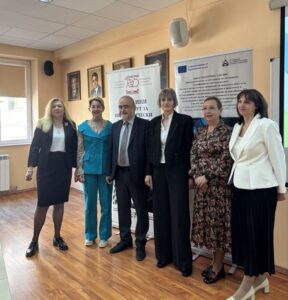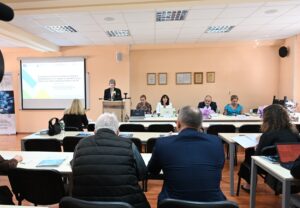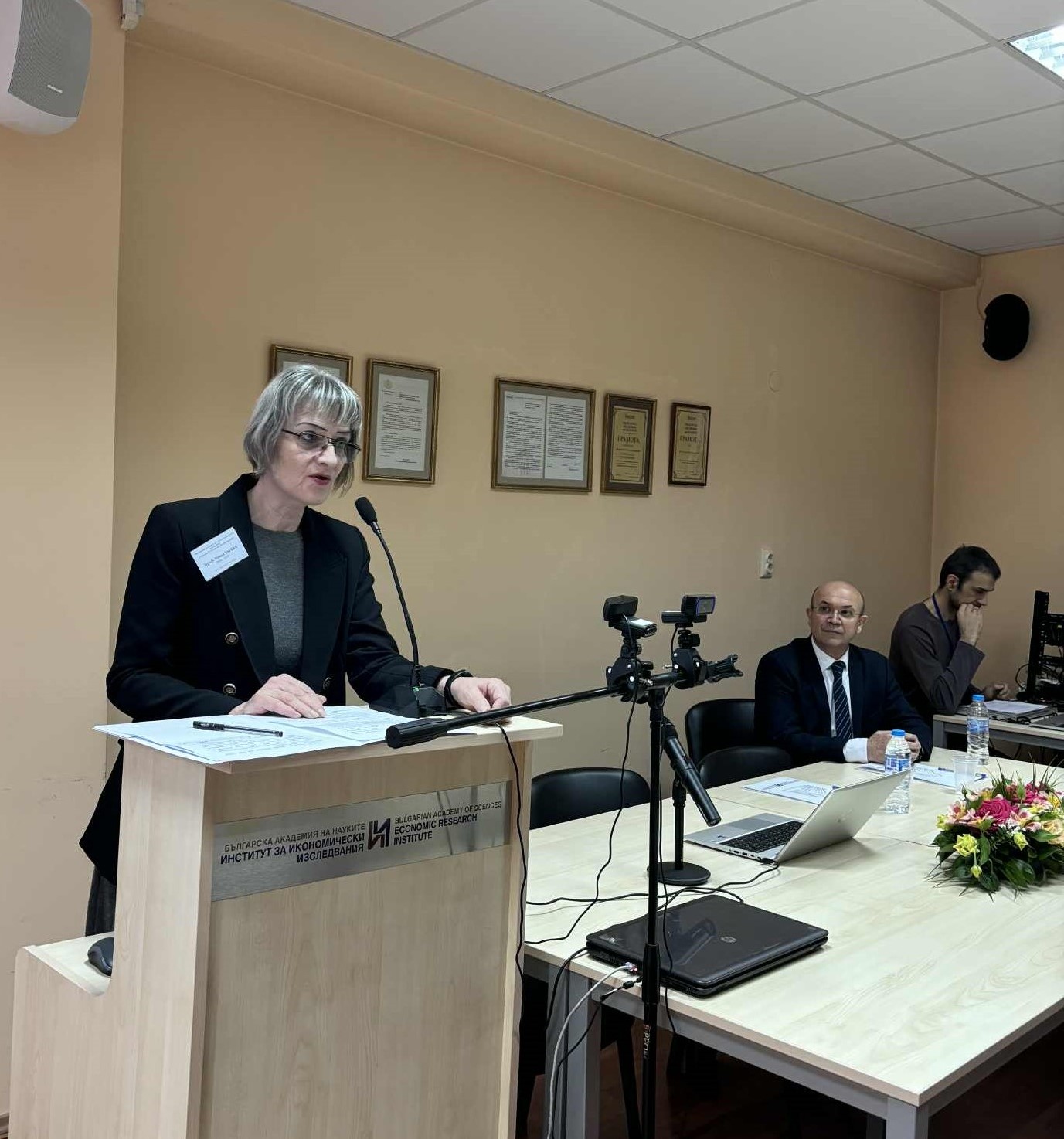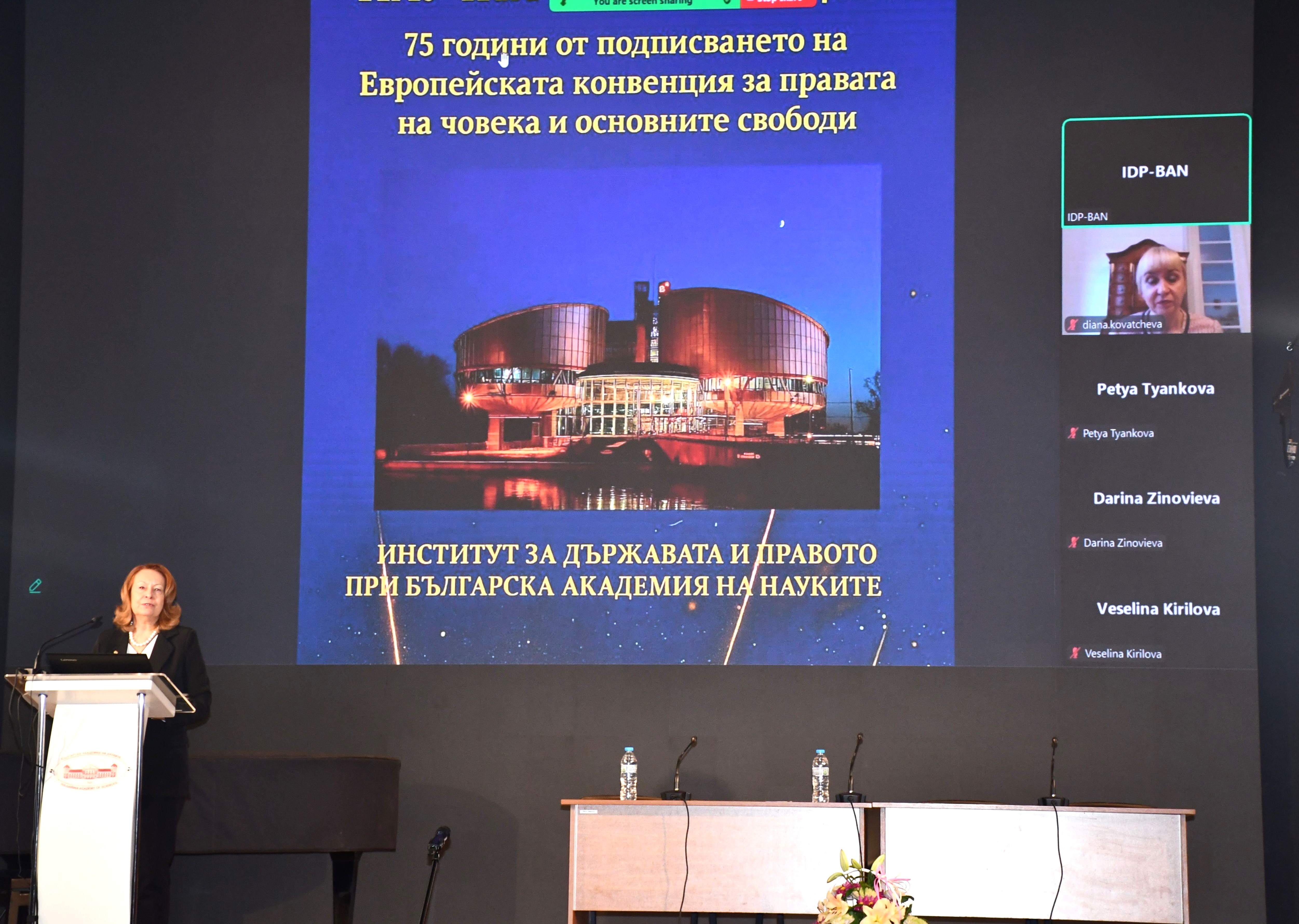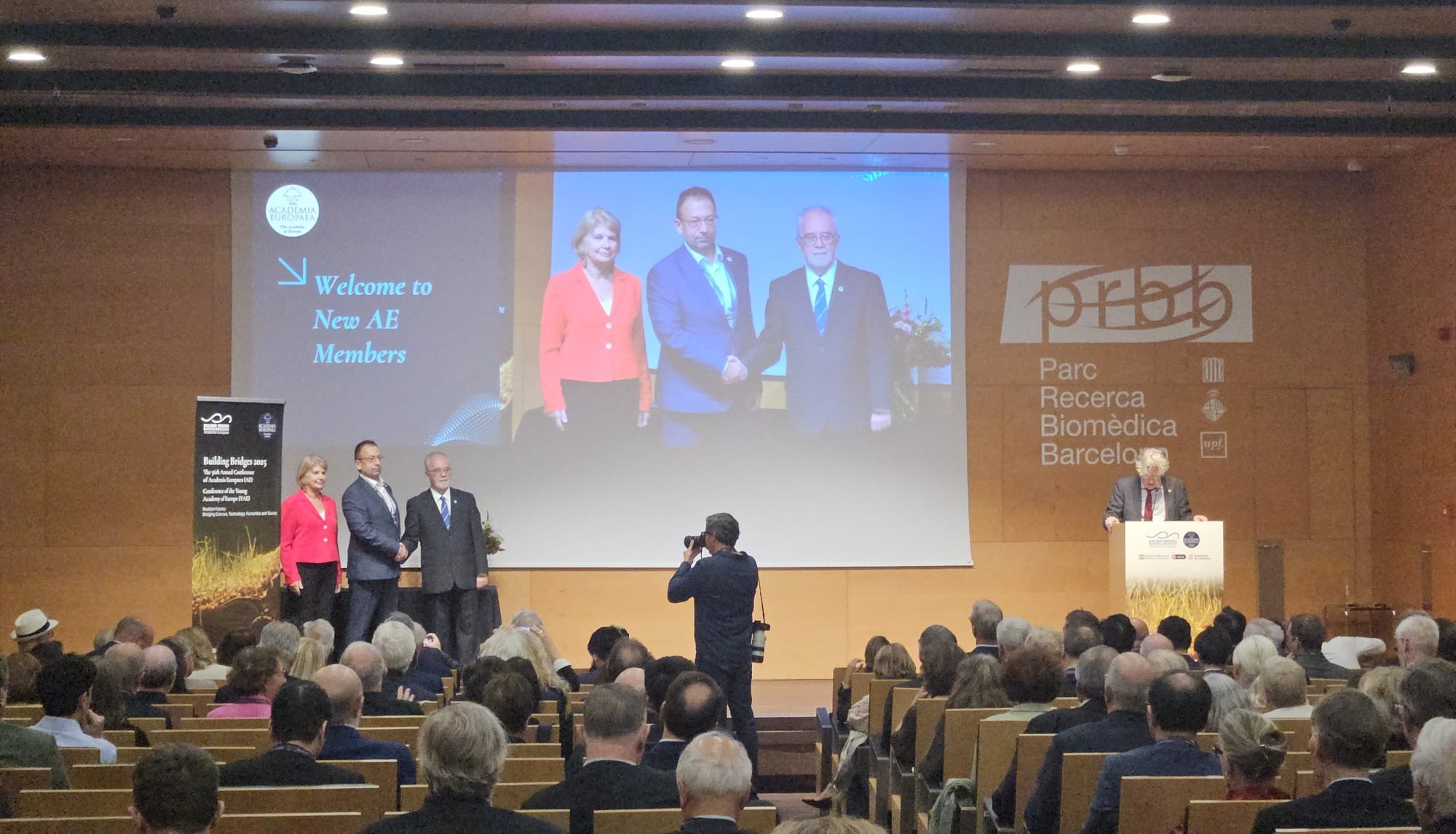Representatives of the scientific community, business and the executive discussed key challenges and solutions related to human resources in the green and digital transition at the “Sustainability of Human Resources for a Competitive Economy” national scientific conference.
The event organized by the Economic Research Institute at the Bulgarian Academy of Sciences (ERI) together with the Bulgarian Industrial Capital Association (BICA) and the Institute for Sustainable Economic Development (ISED) was attended by scientists from the ERI at BAS, the University of Economics – Varna, Sofia University “St. Kliment Ohridski”, University of National and World Economy, “Paisii Hilendarski” University of Plovdiv, Higher School of Security and Economics.
In Bulgaria, there is both a labour shortage and a mismatch between demand and supply of competences. In order for our country to be competitive and develop economically, we need to match competences with market needs and develop digital skills. I hope that today’s meeting will contribute to deepening the joint work between researchers and employers and to finding ways to help Bulgaria accelerate its economic development, including the development of human resources, Prof. Dr. Irena Zareva, Director of ERI at BAS, said at the opening of the scientific conference.
We are trying to upgrade the training tools so that they can help both employees and employers. Together with social partners we are developing and will soon test a new tool – an individual training account, Deputy Minister of Labour and Social Policy Nataliya Efremova said. The developments presented today can be the basis for legislative changes that will make the employees in Bulgaria and the Bulgarian economy more competitive, Zornitsa Rusinova, President of the Economic and Social Council of Bulgaria said in her welcoming speech.
The Deputy Chairperson of the Governing Board of BICA Stefan Chaikov welcomed the participants in the conference and pointed out that the development of human resources in Bulgaria in recent years had emerged as a strategic issue. The workforce is ageing, with the participation of people aged between 55 and 64 increasing, while the number of employed young people under 29 has dropped significantly in just a few years. This indicates both a demographic problem and a mismatch between the education on offer and the real requirements of the market, Eng. Chaikov added.
Among the main topics that were addressed during the conference were forecasting the skills of the future and competency formation, SMEs’ readiness for transition to sustainability, atypical forms of employment, migration, the need for new digital skills in different sectors of the economy, etc.


